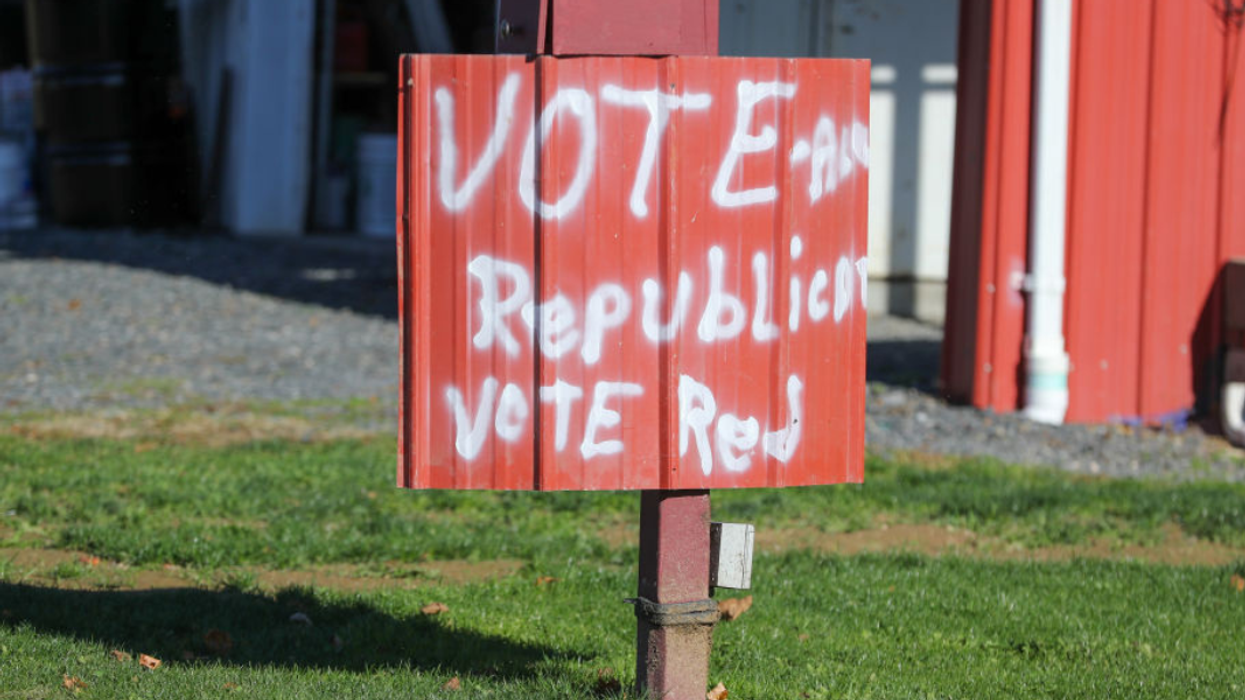Katz is a visiting lecturer in sociology at the University of Pittsburgh. Katz's research interest is the relationships between politics and media, specifically how political processes and movements shape the creation of media. Nathan is also a member of the Scholars Strategy Network.
Images used in political advertisements and campaign finance law impact campaign communications. With the creation of Super PACs, candidates have developed unofficial wings, where they can put more money into creating advertisements with less accountability. My research looks at advertisement content as a form of impression management-where candidates and Super PACs shape images that not only reflect their values, but also those of who they see as their potential voters. They too, engage in a shared impression management, helping to create what I call “performance types,” character archetypes that shape the different types of performances and impressions seen in political advertisements.
Political advertisements are also shaped by their sociological context. The social and political conditions of the world during any given election will influence the nature of political advertising both in terms of production and content. Therefore, the “performance types” are not simply a reflection of the values of candidates, but also a reflection of the symbols and ideas that they believe their voting base wishes to see. As a result, they can be seen as a reflection of an attempt to parse out how the party’s political values are characterized. With all of this in mind, I framed my research on “how impression management techniques in the 2012 Republican primary changed for the 2016 primary and outlined what can be expected in 2024.”
New Performances, New Threats
When focusing on the more pragmatic performances, candidates refocused the idea of getting “results” to being about polling rather than policymaking, aligning with other driving discourses in the 2016 primary. Additionally, both candidates and Super PACs ended up using much more footage from debates than stock footage in 2016, cutting down on ad cost and allowing for more cohesive messages. The cohesiveness and complementary nature of candidate and Super PAC advertisements also remained just as strong.
The radical differences, however, appear in the changing of performance types. Gone is “The Saint,” a character that focused far more on the notion of a moral purity of candidates. In its place is “The Warrior,” used by both candidates and Super PACs, further demonstrating the cohesiveness of messages from candidates and organizations they cannot legally coordinate with.
“The Warrior” is unique based on two characteristics. First, its willingness and eagerness to use violence and second, the violence is explicitly targeted toward non-U.S. citizens, and overwhelmingly those living abroad. During the 2016 elections both candidates and their Super PACs flaunted their desire to use violence within the Middle East and on undocumented citizens. In one ad Ted Cruz highlighted his opposition to the World Court’s stay of execution to an undocumented immigrant convicted of murder. Regularly, these advertisements included images of military invasions and missiles being fired into the air to show a willingness for strength, as well as a lack of concern for human rights, as Marco Rubio openly bragged about tossing people into Guantanamo Bay, known for its use of torture. This is something that was not present in 2012, demonstrating a result in the ideological shift of the Republican party in the four years between elections.
What makes this so unsettling is not just the violence, but what it is couched in. It is combined with messages associated with conservative ideals associated with the notion of “taking our country back” and a new trend in attacking fellow Republican candidates. Prior advertisements in past elections attacked fellow Republicans for working with democrats and being insufficient in terms of policies. The new attack ads now focused on their opponents being opposed to a conservative social order. Combined, what appears is apparent: a shift toward pro-fascist messaging with the Republican party. This was not something that came from Donald Trump (in fact for methodological purposes, there were no Trump advertisements in the analysis as he did not have a Super PAC during the primary) but from Republican candidates involved.
What is Next for a Fleeting Democracy
Moving into 2024, the shift in messaging will continue to be amplified. While "the Warrior” performance type focused on non-Americans, I anticipate it being used in relation to American citizens in 2024. Specifically left-leaning and liberal groups such as Black Lives Matter, Pro-Choice, and Trans-rights advocates being the inevitable targets. Additionally, since the completion of my study, we have seen warrior-oriented messaging in midterm advertisements, not targeted toward Democrats but towards Republicans. Missouri Senate candidate Eric Greitens released a primary advertisement about “RINO-hunting” where an armed SWAT-team invades a house to go after people who are not truly loyal to GOP positions. The ad ends with Greitens saying to "join the MAGA crew and get a RINO hunting permit. There’s no bagging limit, no tagging limit, and it doesn't expire until we save our country." While the ad was publicly condemned, the truth is that it fits nicely within the greater trend of GOP advertisements: a support for violence toward political opponents in the name of ideological purity, that will not cease any time soon.



















Trump & Hegseth gave Mark Kelly a huge 2028 gift